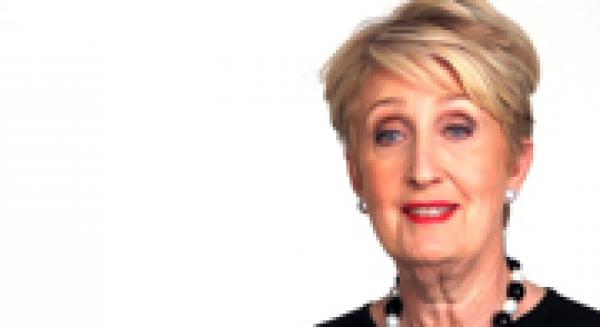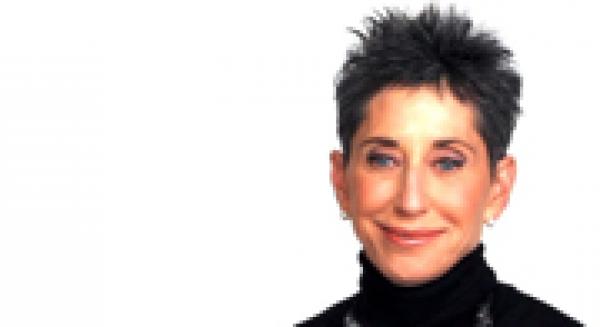Does Not ‘Child Abuse Prevention Month’ Need to Run 365 Days of the Year?
Posted September 15, 2023 - 4:41pm
Unfortunately, people will procreate regardless of their inability to parent their children in a psychologically functional/healthy manner. Many people seem to perceive thus treat human procreative ‘rights’ as though they [people] will somehow, in blind anticipation, be innately inclined to sufficiently understand and appropriately nurture our children’s naturally developing minds and needs.
One wonders how much child abuse and long-term suffering might have been prevented had some crucial child-development science via mandatory high-school curriculum been taught. After all, dysfunctional and/or abusive parents, for example, may not have had the chance to be anything else due to their lack of such education and their own dysfunctional/abusive rearing as children.
Still, in the book Childhood Disrupted: How Your Biography Becomes Your Biology and How You Can Heal it’s written that “[even] well-meaning and loving parents can unintentionally do harm to a child if they are not well informed about human development” (pg.24).
Regarding early life or adverse childhood experience trauma, people tend to know (perhaps commonsensically) that they should not loudly quarrel when, for instance, a baby is in the next room; however, do they know about the intricacies of why not?
Since it cannot fight or flight, a baby stuck in a crib on its back hearing parental discord in the next room can only “move into a third neurological state, known as a ‘freeze’ state … This freeze state is a trauma state” (pg.123).
This causes its brain to improperly develop. It’s like a form of non-physical-impact brain damage. Also, it is the unpredictability of a stressor, and not the intensity, that does the most harm. When the stressor “is completely predictable, even if it is more traumatic — such as giving a [laboratory] rat a regularly scheduled foot shock accompanied by a sharp, loud sound — the stress does not create these exact same [negative] brain changes” (pg.42).
Furthermore, how many of us were aware that, since young children completely rely on their parents for protection and sustenance, they will understandably stress over having their parents angry at them for prolonged periods of time? It makes me question the wisdom of punishing children by sending them to their room without dinner.
Yet, general society perceives and treats human procreative ‘rights’ as though we’ll somehow, in blind anticipation, be innately inclined to sufficiently understand and appropriately nurture our children’s naturally developing minds and needs.
Meantime, in protest to newly mandated elementary school curriculum that teaches something undoubtedly controversial, a picket sign read, “We don’t co-parent with the government”. But maybe a lot of incompetent yet procreative parents nowadays should.
Owing to the Only If It’s In My Own Back Yard mindset, however, the prevailing collective attitude (implicit or subconscious) basically follows: ‘Why should I care — my kids are alright?’ or ‘What is in it for me, the taxpayer, if I support social programs for other people’s troubled families?’
While some people will justify it as a normal thus moral human evolutionary function, the self-serving OIIIMOBY can debilitate social progress, even when social progress is most needed. And it seems this distinct form of societal penny wisdom but pound foolishness is a very unfortunate human characteristic that’s likely with us to stay.
As a moral rule, a physically and mentally sound future should be every child’s fundamental right — along with air, water, food and shelter — especially considering the very troubled world into which they never asked to enter.
I believe that high-school students should be educated for the most important job ever, even those who plan to remain childless. Understanding the science behind every child’s healthy/functional development can at least enable a prospective parent to make an educated decision on how they wish to go about rearing any future children.
If nothing else, child-development science curriculum could offer students an idea/clue as to whether they’re emotionally suited for the immense responsibility and strains of parenthood.
It would also teach how children’s mind/emotional development begins as early as gestation. Inside the womb, children are already aware of their mother’s emotions — and perhaps even later emotionally damaged by them.
According to a 2003 online article by Linda Marks [a body-centered psychotherapist]: “When a mother both consciously and subconsciously wanted to be pregnant and welcomed her baby, the child thrived. When the mother either consciously or subconsciously wanted the baby, the child was fine.
"When the mother neither consciously nor subconsciously wanted the baby, the child felt the effects of this hostile emotional climate. I remember a story of a woman who not only didn’t want her baby but also resented his intrusive presence in her body.
“When the Italian doctor would use an ultrasound to view the baby as the mother talked about her resentments of him and the pregnancy, the baby would curl up in a tiny ball in a corner of the uterus, trying to make himself very small.
"Even in-utero, a baby can feel the power of his/her mother’s heart. When considering having children, making a thoughtful, heartful, integrated decision is important for the overall wellbeing of a child.” …
Since so much of our lifelong health comes from our childhood experiences, childhood mental health-care should generate as much societal concern and government funding as does physical health, even though psychological illness/dysfunction is typically not immediately visually observable.
Every parent should be knowledgeable about factual child-development science, thus they’re more enabled to rear their children in a more psychologically functional and sound manner.



































